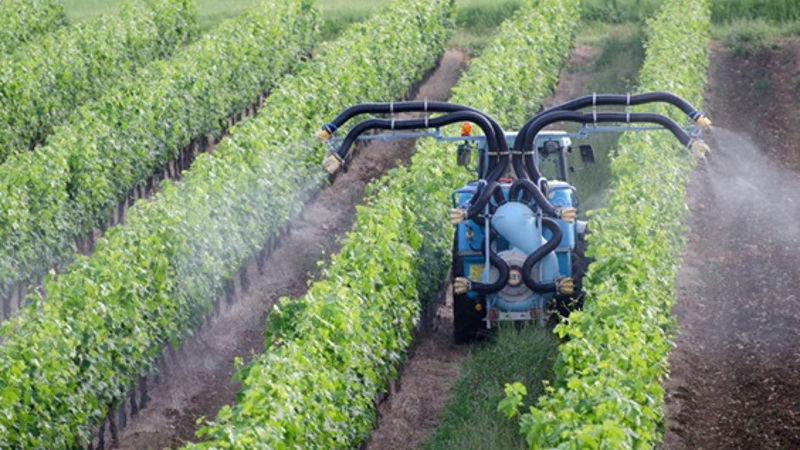The Unfair Commercial Practices in Agriculture and Food Supply Chain Act: an Act with important changes for market participants
October 2021
As from 1 November 2021, the Unfair Commercial Practices in Agriculture and Food Supply Chain Act (hereinafter: "the Act") will come into force in the Netherlands. The Act is a corollary of Directive (EU) 2019/633 of the European Parliament and of the Council of 17 April 2019 on unfair trading practices in business-to-business relationships in the agricultural and food supply chain.
Background
The Dutch agriculture and horticulture sector has a large number of entrepreneurs. They often sell homogeneous products, which are usually perishable and seasonal. It is often difficult for entrepreneurs to adjust the supply to the demand in the short term. In addition, due to a high degree of concentration in the chain, there is an imbalance in bargaining power between the supplier and the buyer. Consumers also play a role. As price is an important purchase criterion for consumers, this results in continuous pressure for suppliers to reduce selling prices.
Purpose of the Act
The purpose of the Act is to strengthen the position of suppliers. The Act aims to prevent unfair trading practices and to make it easier for suppliers who are confronted with unfair trading practices to commence legal proceedings.
What does the Act regulate?
The Act contains a black and a grey list of unfair trading practices which are unlawful when a purchaser of a land or food product performs this action against a supplier. Actions on the black list are unlawful by definition. An example is the unilateral modification of a supply agreement. Grey listed actions are in principle not unlawful if clear and unambiguous agreements have been made between the supplier and the buyer. An example is asking the supplier to pay a fee for the costs of marketing and sales services.
Who does the Act apply to?
The Act focuses in particular on suppliers and buyers in the agricultural and food supply chain, regardless of their place of establishment. Suppliers include, for example, farmers and horticulturalists. Buyers include, for example, supermarkets.
The Act is specifically aimed at 'small' suppliers facing 'large' buyers. The scope of the Act is determined by comparing the turnover of the buyer with the turnover of the supplier. If both parties are equal in terms of turnover, the Act does not apply.
The scope of application of the Act can be set out as follows:
What kind of products are involved?
The Act distinguishes between agricultural and food products and perishable agricultural and food products. What sets these products apart is that the perishable agricultural and food products can become unfit for sale within thirty days of harvesting, production or processing due to their nature or at the stage of processing. Examples of perishable agricultural and food products are fresh vegetables and fresh fruit.
Enforcement
The Act is enforced both by civil law and by public law. A supplier who is confronted with an unlawful trading practice may commence legal proceedings before a civil law court. The Act also introduces an alternative form of dispute resolution in the form of a disputes committee. This should offer suppliers a more accessible alternative to the civil law court.
The Netherlands Authority for Consumers & Markets (Autoriteit Consument en Markt: “ACM”) is responsible for the public enforcement of the Act. The ACM is granted a number of powers. For instance, the ACM may initiate and conduct investigations on its own initiative or on the basis of a complaint. The ACM will also have the power, for example, to impose administrative fines. The maximum fine can be € 900,000 or, if higher, 10% of the turnover of the infringing party.
Points for attention
Parties first need to check whether they fall under the scope of the Act. If this is the case, the Act contains a lot of rules that market participants should take into account. For example, market participants will need to identify whether the products they buy or sell fall under the scope of the Act. Furthermore, contracts may need to be amended.
This Act will come into force in the Netherlands as from 1 November 2021. The Act will therefore apply to agreements concluded from that moment on. Market participants still have some time regarding (existing) contracts concluded before 1 November 2021: the Act will apply to these contracts as from 16 April 2022.
Should you have any questions concerning the Act or the impact of the Act on your company, please do not hesitate to contact us.










